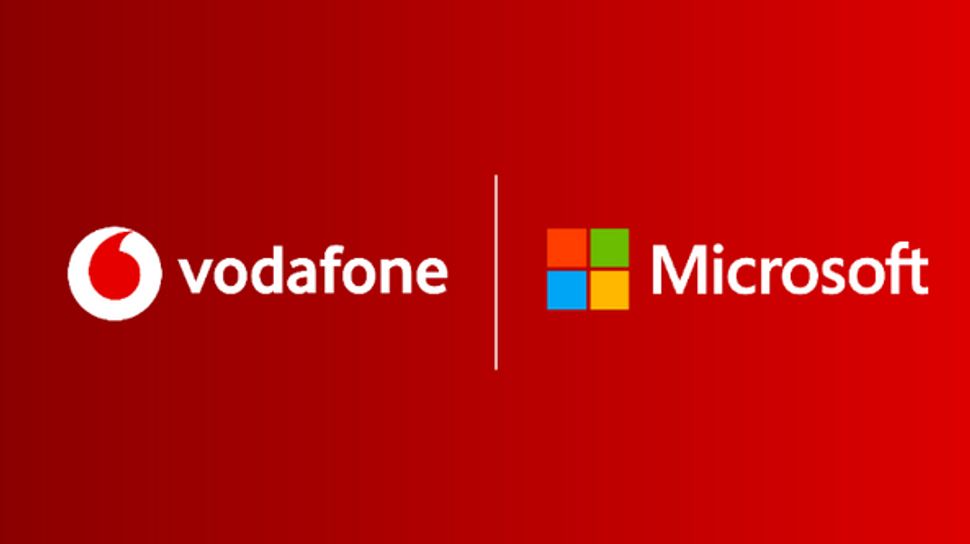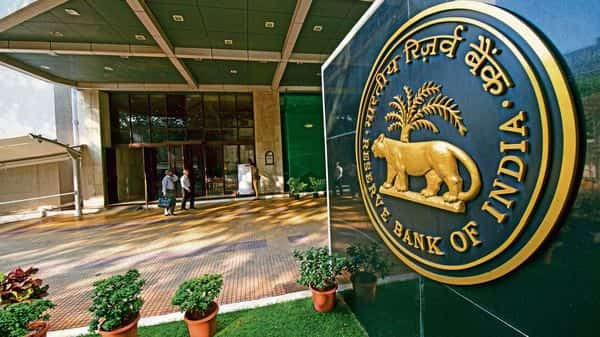Almost everyone agrees that the future is digital. Therefore, it comes as no surprise that most organizations want to move their sales online, to maximize sales. In the field of e-commerce, one of the most crucial parts of going digital is creating a secure payment portal. Having a robust, credible and easy to use payment portal ensures efficient sales and revenue generation. Therefore, for an e-commerce company to sustain itself, it must employ an efficient payment gateway. We would not have been able to enjoy the choice and freedom we have now, concerning online shopping, if not were such technologies. Being able to secure such a gateway ensures that companies can enable financial transactions peacefully. This time around, we will be taking a look at one of the most successful payment gateway companies in world-Authorize.net founded by Jeff Knowles.
Early Payment Gateway Prior To Authorize.Net
While we see several options in front of us now, things weren’t always this easy. Before 1996, there were hardly any reliable options in the market. Then came Jeff Knowles, with his idea for a payment gateway that forever changed the way payment gateways function. Jeff has a degree in computer science and business from Brigham Young University and the University of Phoenix respectively. Jeff began his career as an engineer at WordPerfect. In 1995, he left this job to begin working as a sales agent for a particular ISO, while attending business school. While working here, he met several non-retail customers who were looking for a desktop-based solution. Prior to this, most people relied on Trans330 or Zon-Jr for this function. The only solution he saw was either selling clients PC-Authorize, ICVerify or CyberCash, all of which were difficult to use and lacked flexibility. Since he had a background in software engineering, Jeff decided to handle the problem his way. So, he began to explore new ways by which to process financial transactions. This would not only help his clients save money, but also improve the company’s overall efficiency. Meanwhile, around the world, the internet era was coming to life. Around the same time, Netscape grew to become an important browser, while ISPs cropped up all over the US. Hence, this essentially became the dawn of e-commerce around the world.
Process of Developing Authorize.Net
Jeff began by contacting First Data to understand how they work and gather data regarding financial transactions. He researched POS systems and then analyzed how various channels work, in order to gain an insight into how these systems function. Using these specifications, Jeff started to beta-test sending messages using this line. The initial development phase led to the formation of Authorize.Net, and then followed the hiring of other software engineers.
The idea then grew into and became a rudimentary plan to create a gateway service for enabling transactions between merchants. However, the initial plan took several hours to process and respond too, and wasn’t very successful. However, the idea proved to become extremely successful, with many clients wanting to try this idea out. Within a few weeks, the team built a system that could send transactions safely. They then designed an interface and API for the same and then encrypted it to provide security. A year later, in 1997, Authorize.net, allowed merchants to connect via https protocol and SSL encryption. Over the next two years, the team kept releasing timely updates to create a more well-rounded system.
The initial investment of $100,000.00 came from the friends and family of the team members themselves.
Success and Further Development
Authorize.Net grew exponentially, and the system quickly spread to various merchants, agents and sales agents across the country. All these individuals were anted such a product as they made it easier to make transactions online. The system later grew to include ACH payments, and within two years Go2Net bought Authorize.Net. Twenty years later, the payment gateway industry has undergone a tremendous overhaul, and yet Auhtorize.Net stays relevant. By 1999, Authorize.Net was making over 90 million dollars and its shareholders couldn’t be happier. Go2Net was bought by InfoSpace, three years later for US$4 billion, while Authorize.Net went to Lightbridge for US$82 million and later to CyberSource by 2007. Visa then acquired CyberSource three years later for US$2 billion. As of 2014, this payment gateway was serving over 450,000 customers, making it one of the world’s most popular gateways.
Being a cinephile with a love for all things outdoorsy, Athulya never misses a chance to chase inspiring stories or poke fun at things, even when the subject is herself. Currently pursuing a degree in mechanical engineering, she is someone innately interested in technical and scientific research. Music reviews and op-eds define her as they allow her to explore different perspectives. Though sometimes she thinks she makes more sense playing the guitar than she does while writing.




